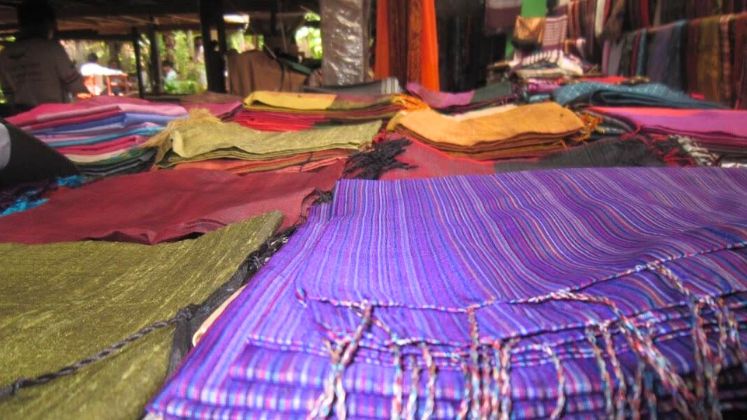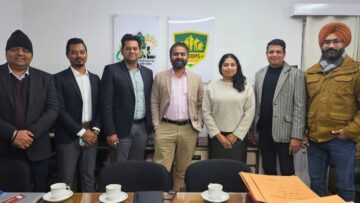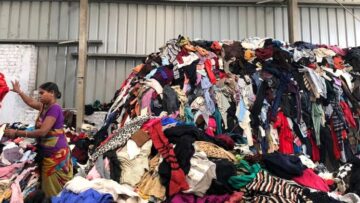
Leading UK waste management and recycling company MYGroup is starting a ground-breaking proof-of-concept for sustainable textile production and manufacturing in Sri Lanka. This initiative will empower local communities and help create a supply chain that is both socially and environmentally responsible for the company’s future product lines.
The company’s ReFactory division will lead the multifaceted project, which will span four regions in Sri Lanka: North West, North Central, Uva, and Eastern.
The ReFactory team has teamed up with Fibershed, a global non-profit consultancy that focusses on sustainable, locally sourced methods for making textiles and apparel, for the initiative’s textile components.
In order to support the long-term development and transition of the nation’s textile and fashion industries towards a sustainable future, the Sri Lanka initiative’s various components all aim to hire and fairly compensate local artisans and workers, revitalise traditional industries, and strengthen local economies—all while keeping a close eye on environmental responsibility.
In order to revive an industry that failed in the late 1970s, MYGroup has acquired land in the Monaragala District of Uva province. There, the company intends to grow and develop regenerative cotton. In order to improve soil health, promote biodiversity, and recycle nutrients without the use of pesticides, the project will integrate a number of regenerative agricultural practices.
In an effort to demonstrate that these operations can be decentralised from metropolitan areas for the benefit of local communities and rural economies, the company will also install solar-powered equipment on the property for ginning and spinning the grown cotton into yarn. This month, the first cotton seeds will be sown, and harvest is anticipated in late summer.
In the North West and North Central province, MYGroup’s ReFactory team has worked with artisan communities in partnership with Fibershed Sri Lanka and local government administration to support and enhance the working conditions of these artisans, especially women, while expanding their customer base with a new line of products made entirely in Sri Lanka.






